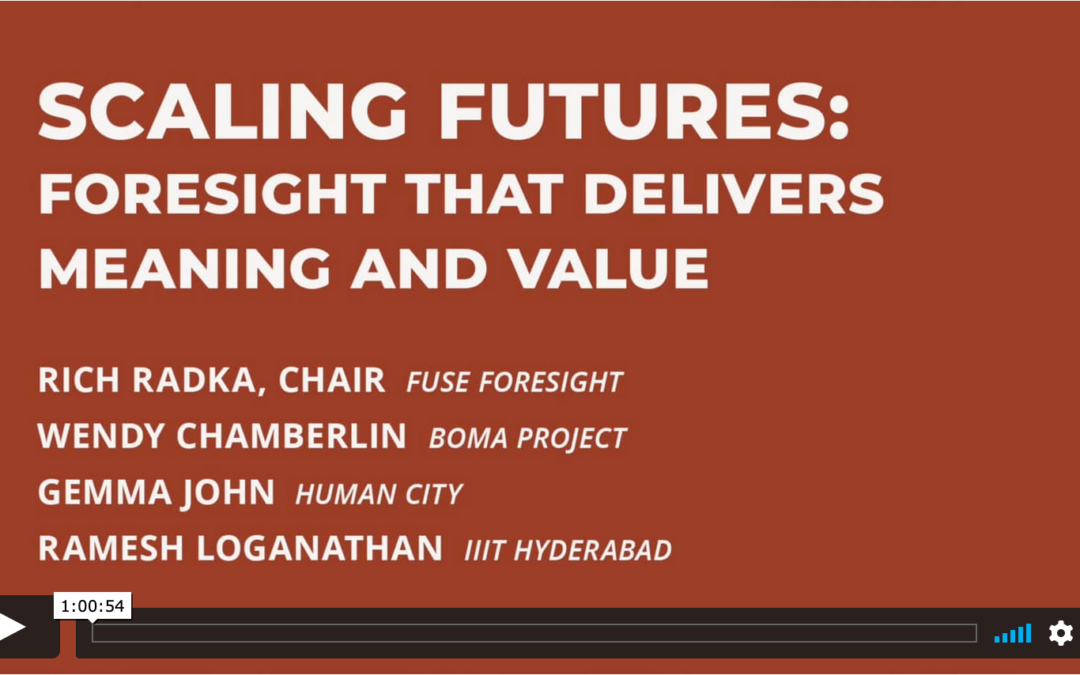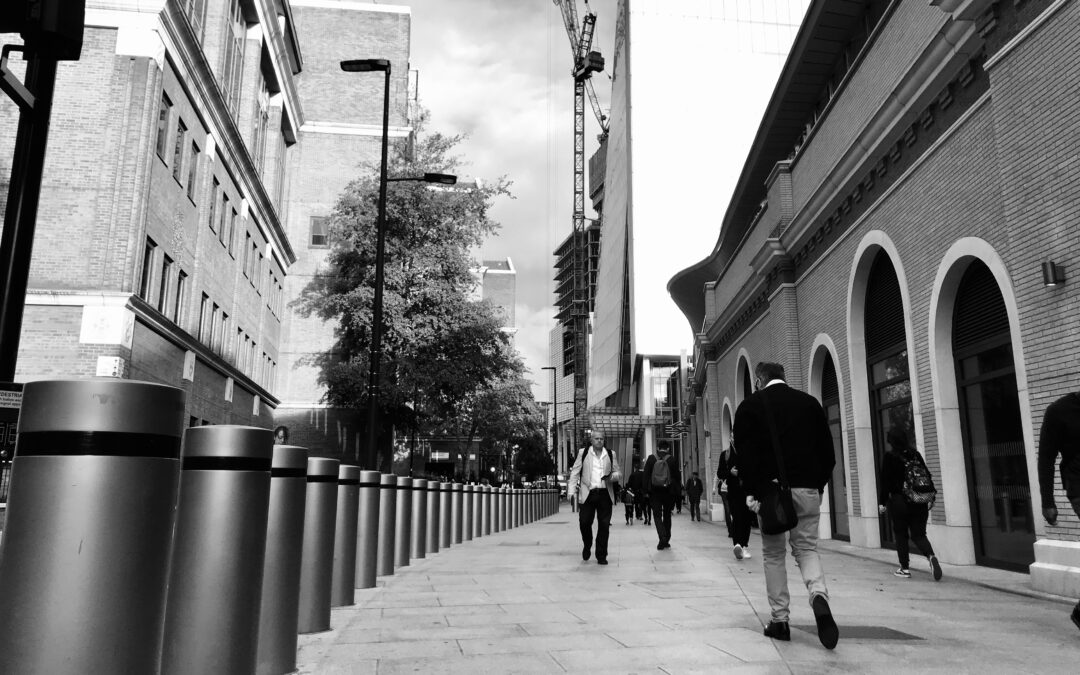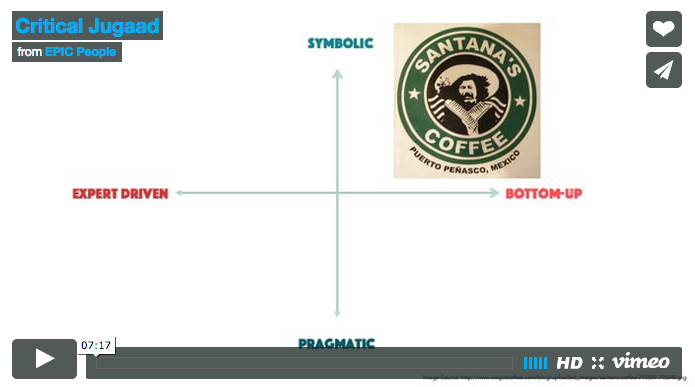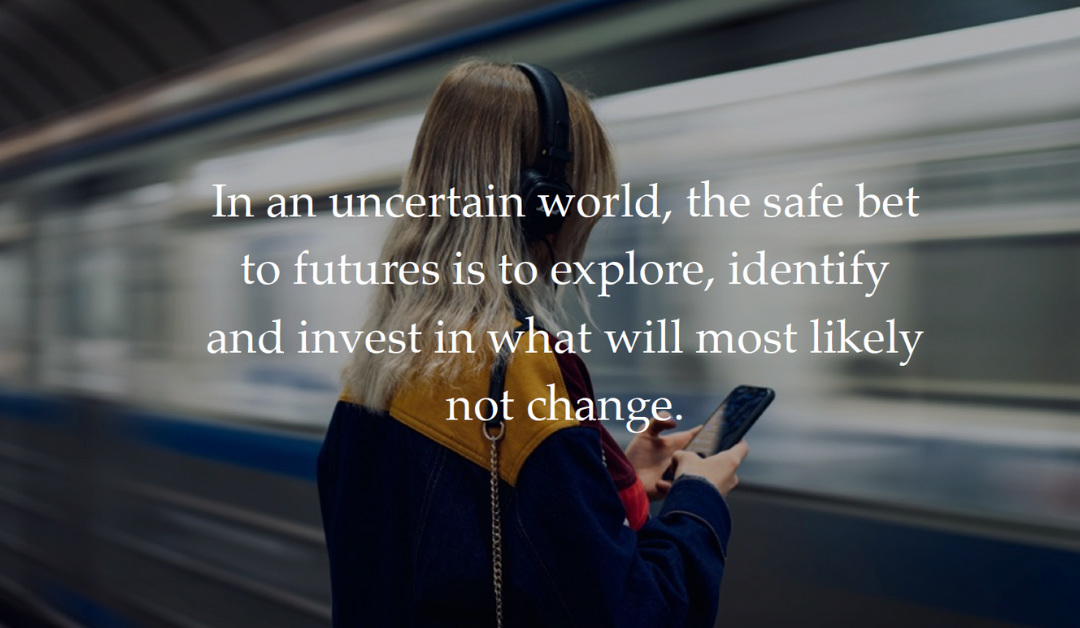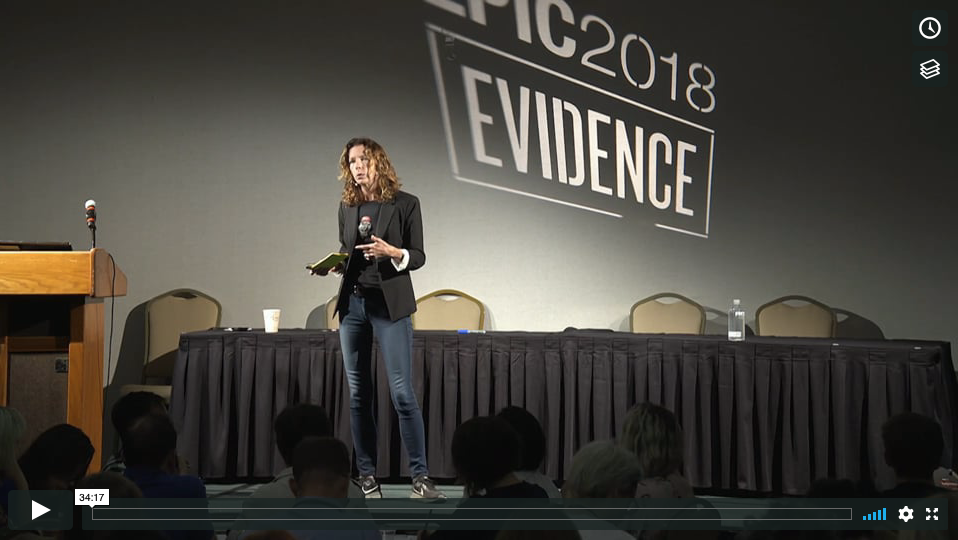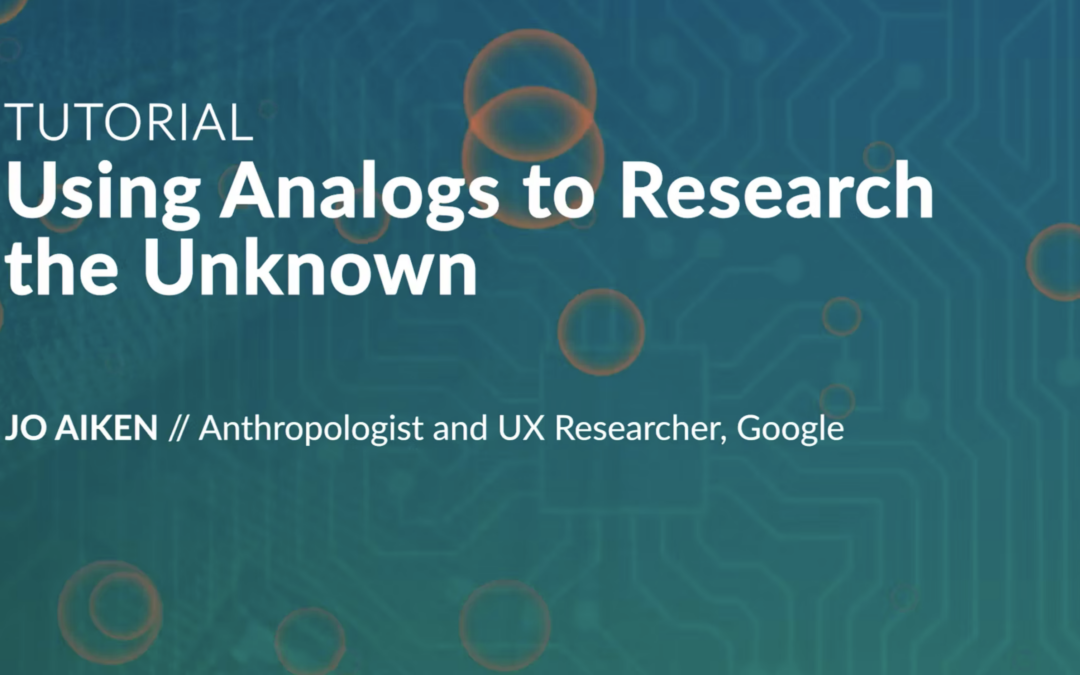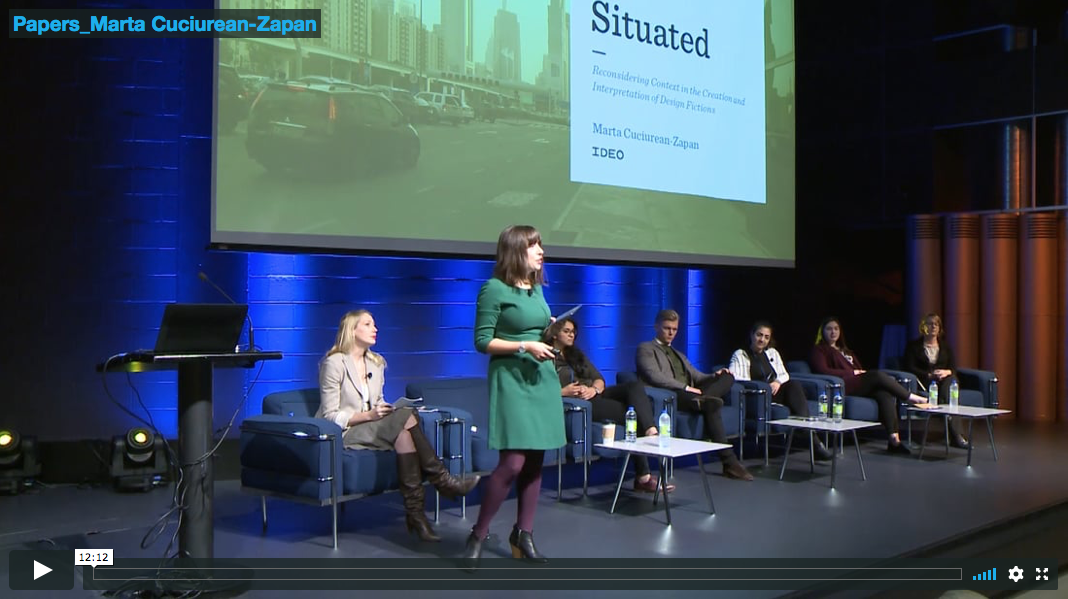This panel explores the specific reasons organizations generate ideas about the future, the methods they choose, how they act on foresight, and consequences for both business and society. Panelists address the theme of scale in various dimensions, such as how to appropriately scale our imaginings,...
